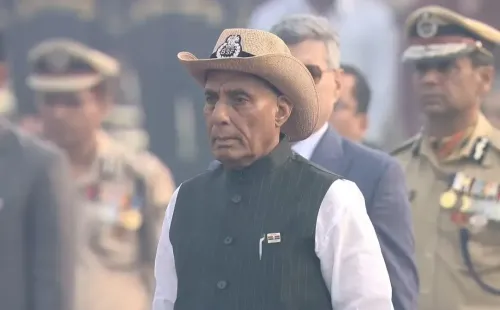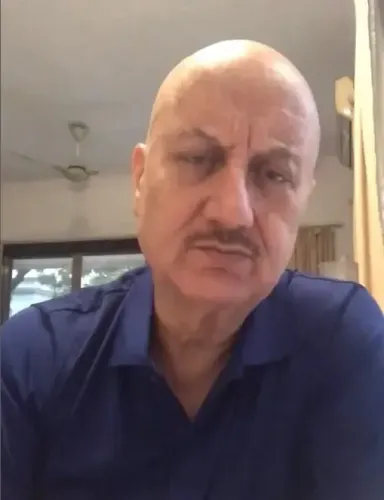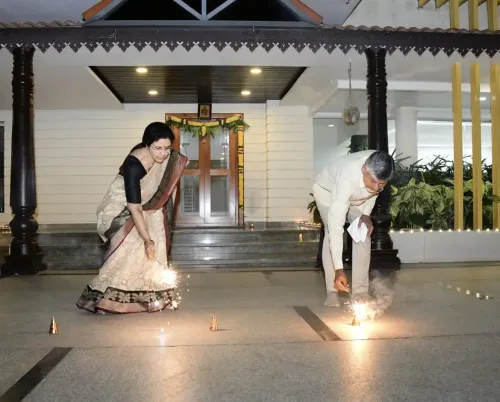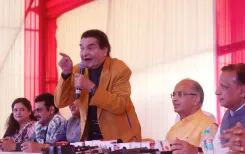Did Punjab and Haryana HC Reject Kangana's Request to Overturn Summoning Order?
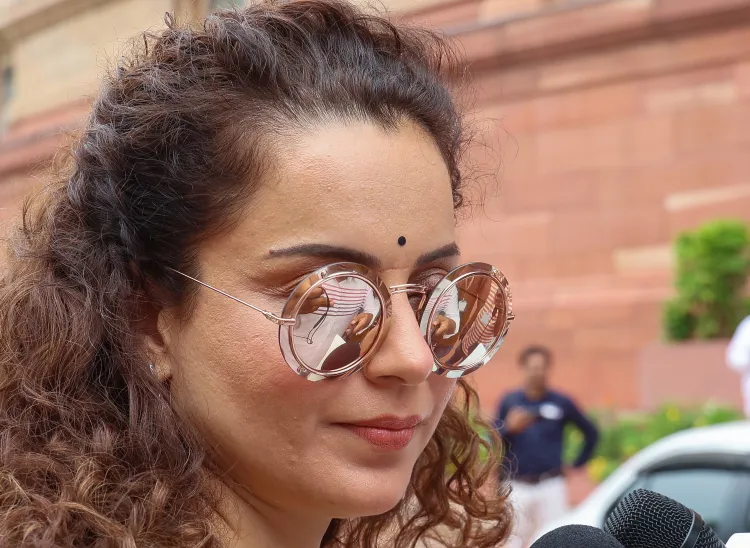
Synopsis
Key Takeaways
- The Punjab and Haryana High Court dismissed Kangana Ranaut's plea.
- The case centers around alleged defamation of an elderly farmer.
- Kangana's social media remarks have sparked significant controversy.
- The ruling highlights the responsibilities of public figures in their statements.
- Legal implications for defamation cases in India are profound.
Chandigarh, Aug 1 (NationPress) The Punjab and Haryana High Court has officially rejected the plea submitted by actress-turned-politician Kangana Ranaut seeking to quash the summoning order issued by a local court in Bathinda. This summoning is linked to a defamation case stemming from remarks made by Ranaut regarding an elderly woman farmer during the farm protests.
Justice Tribhuvan Singh Dahiya noted, “There are specific allegations against the petitioner, a public figure, suggesting that her retweet contained false and defamatory statements that have harmed the complainant's reputation and standing, both personally and publicly. Thus, the filing of this complaint to seek justice cannot be deemed malicious.”
The defamation suit was initiated by 73-year-old Mahinder Kaur from Bahadurgarh Jandian village in Bathinda district. Kaur claims that Kangana wrongly identified her in a post on the social media platform X, likening her to Bilkis Bano from the Shaheen Bagh protests and insinuating that women like her could be bribed to protest for as little as Rs 100.
In her retweet, Kangana remarked: “Ha ha ha, she is the same dadi who appeared in Time magazine for being the most powerful Indian... And she is available for 100 rupees. Pakistani journalists have hijacked international PR for India in a humiliating manner. We need our own individuals to represent us globally.”
This statement was made in response to a tweet by Gautam Yadav, which included a photograph of Kaur. Kaur contends that the defamatory nature of the comments has not only damaged her dignity but also tarnished her reputation among fellow protesters.
Kaur emphasized her lack of connection to the Shaheen Bagh protests and the individual featured in Time magazine, asserting that the claims made against her were entirely false.
Belonging to a farming lineage, Kaur actively engaged in the farmers' protest, and she stated that Ranaut's remarks led to public mockery and significant mental distress.
After a thorough examination of the case, the High Court found no valid grounds in Ranaut's petition and dismissed it. The controversial post, which has since been deleted, targeted Mahinder Kaur during her involvement in the farmers' protest at the borders of Delhi.
On February 22, 2022, a judicial magistrate in Bathinda had issued a summons requiring Kangana to appear before the court.
Dissatisfied with the lower court's decision, she approached the High Court, arguing that the trial court had incorrectly applied Section 202 of the Code of Criminal Procedure.

